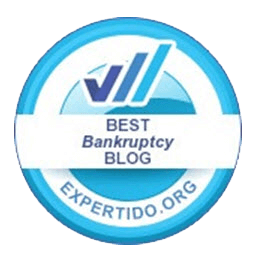A common bankruptcy myth is that you cannot discharge tax debts. In fact, you can discharge income tax debt under certain conditions.
Income tax debts can be discharged when filling Chapter 7 bankruptcy if:
- The tax debt is at least three years old
- You filed a tax return for the income tax debts at least two years before you file bankruptcy
- The IRS has not yet assessed the income tax debt (or did so at least 240 days before your bankruptcy filing)
- You will not commit fraud or tax evasion
- The IRS has not filed a tax lien on your property for the unpaid taxes (If the IRS files a tax lien on your property, you would have to pay the lien before you could sell your property)
Not all tax debts can be discharged. For example, FICA and Medicare taxes survive bankruptcy and must be repaid in full. Sales taxes collected by business owners must also be repaid in full.
If you are unable to discharge tax debts in a Chapter 7 bankruptcy filing, you may be able to obtain relief by filing Chapter 13 bankruptcy. Income tax debts that qualify under a Chapter 7 bankruptcy can be placed in your repayment in a Chapter 13 bankruptcy treated like unsecured debts. You only have to pay what you can afford, which may be a small percentage of the taxes you owe. Nondischargeble tax debts such as FICA taxes can be placed in your Chapter 13 repayment plan and paid over time.
The Reed Law Firm in Columbia offers a free initial consultation to discuss tax debts and bankruptcy.



